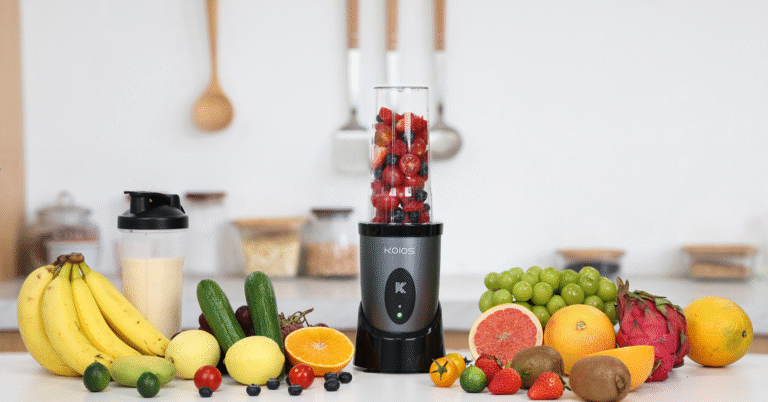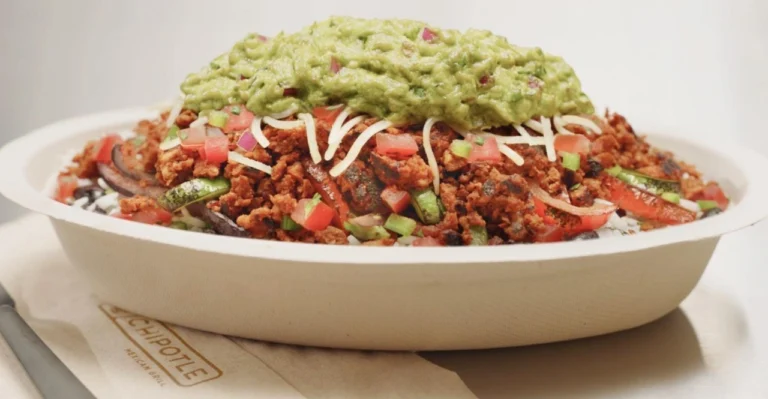How Can I Reduce Food Waste At Home?
Reducing food waste is not only good for the environment but also helps save money and resources. By adopting smarter shopping habits, proper storage techniques, and creative ways to use leftovers, you can significantly minimize the amount of food wasted at home. Here are some effective strategies to help you cut down on food waste.
Plan Your Meals and Shopping
One of the most effective ways to reduce food waste is by planning meals in advance. Create a weekly menu and list all the ingredients you need before heading to the store. Check your pantry, refrigerator, and freezer to avoid buying items you already have. Stick to your shopping list and resist impulsive purchases, especially for perishable items that may not be used before they spoil.
Store Food Properly
Proper storage plays a critical role in keeping food fresh for longer. Organize your refrigerator and pantry so that older items are placed in front and newer items are stored behind. Use airtight containers to preserve freshness and prevent spoilage. Certain foods, like onions and potatoes, should be stored in cool, dark places, while others, like herbs, last longer in the fridge when wrapped in a damp paper towel. For perishable foods, ensure your refrigerator is set below 40°F to slow bacterial growth.
Understand Expiration Dates
Misunderstanding food labels can lead to unnecessary waste. “Best-before” dates refer to quality, not safety, meaning the food is still safe to eat after this date if stored correctly. “Use-by” dates, however, indicate when food should be consumed for safety reasons. Always inspect food for signs of spoilage before discarding it, regardless of the date on the packaging. Along with you can also try the taste of wendy’s chicken nuggets.
Portion Control
Over-preparing food often leads to waste. Be mindful of portion sizes when cooking to avoid making more than you can consume. Use measuring tools or portion guides to ensure you cook the right amount. If you do end up with excess food, consider freezing leftovers for future meals rather than throwing them away.
Get Creative with Leftovers
Leftovers don’t have to be boring. Transform them into new dishes to keep meals interesting. For example, roast vegetables can be turned into soups or stews, while stale bread can be used to make breadcrumbs, croutons, or bread pudding. Keep a “use-it-up” mentality to incorporate leftover ingredients into your next meal.
Explore more : Exploring Japan’s Premium Green Teas
Compost Food Scraps
Composting is an eco-friendly way to handle unavoidable food waste, such as fruit peels, coffee grounds, and eggshells. By composting, you turn organic waste into nutrient-rich soil for your garden, reducing the amount of food that ends up in landfills. Even if you don’t have a garden, many communities offer composting programs or facilities.
Preserve Food
Extend the life of your food by preserving it. Freeze fruits, vegetables, or leftovers before they spoil. Learn techniques like pickling, canning, or dehydrating to store seasonal produce for months. For example, ripe bananas can be frozen for smoothies, and herbs can be dried or blended into pestos.
Track and Reduce Waste
Keep a journal to track what you throw away each week. Understanding the types of food you waste most often can help you adjust your shopping and cooking habits. For example, if you notice a trend of uneaten fruits, buy less or choose longer-lasting varieties.
Share and Donate
If you have excess food that you know you won’t use, consider sharing it with friends, neighbors, or family. Many local food banks or shelters accept donations of unopened, non-perishable items and even fresh produce. Sharing surplus food ensures it benefits someone rather than going to waste.
Reducing food waste at home requires mindfulness and small changes in your daily habits. By planning meals, storing food correctly, composting scraps, and getting creative with leftovers, you can minimize waste and save money. With collective effort, these practices also contribute to a healthier planet by conserving resources and reducing landfill waste.
Source: wendys-menus.com







